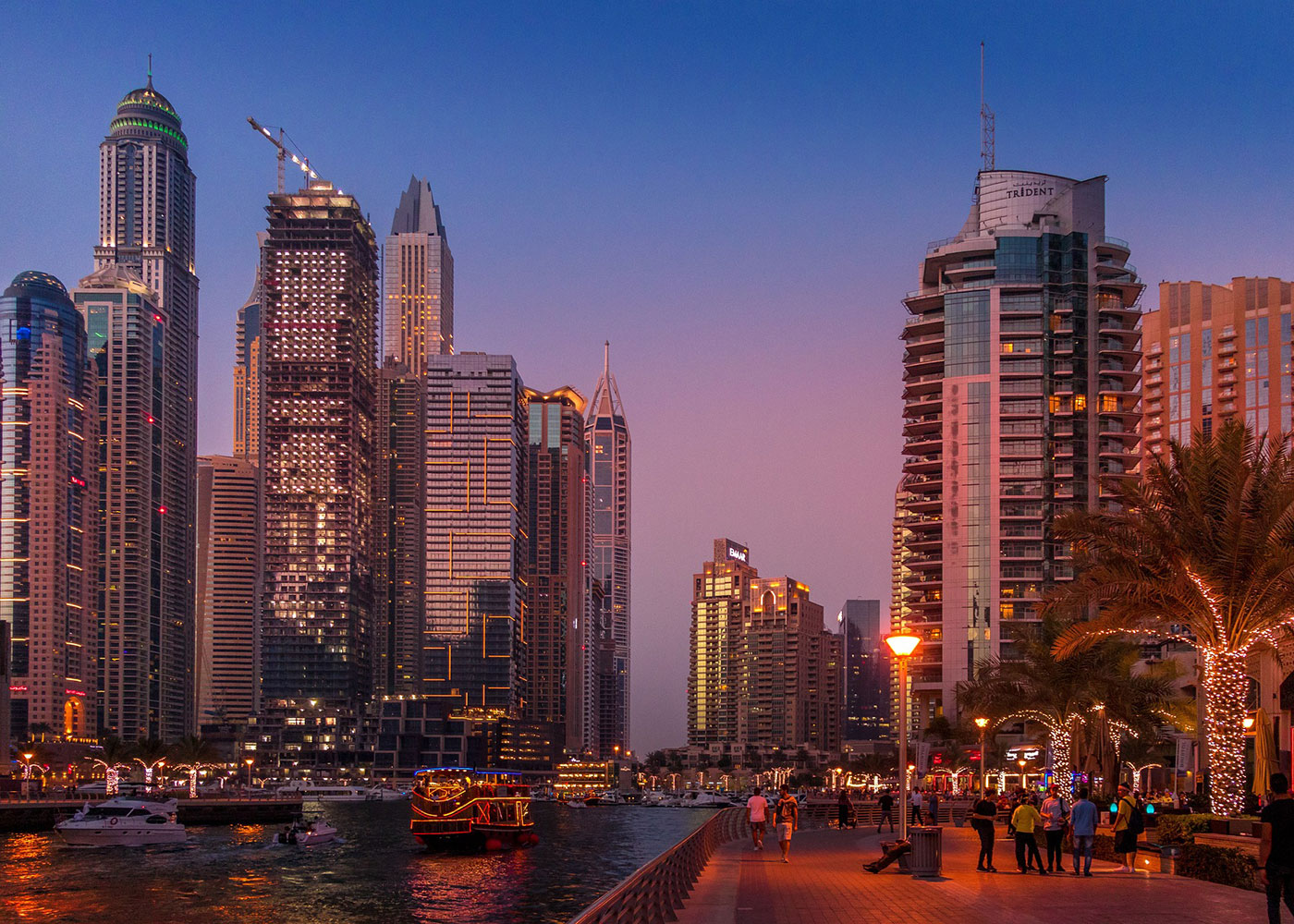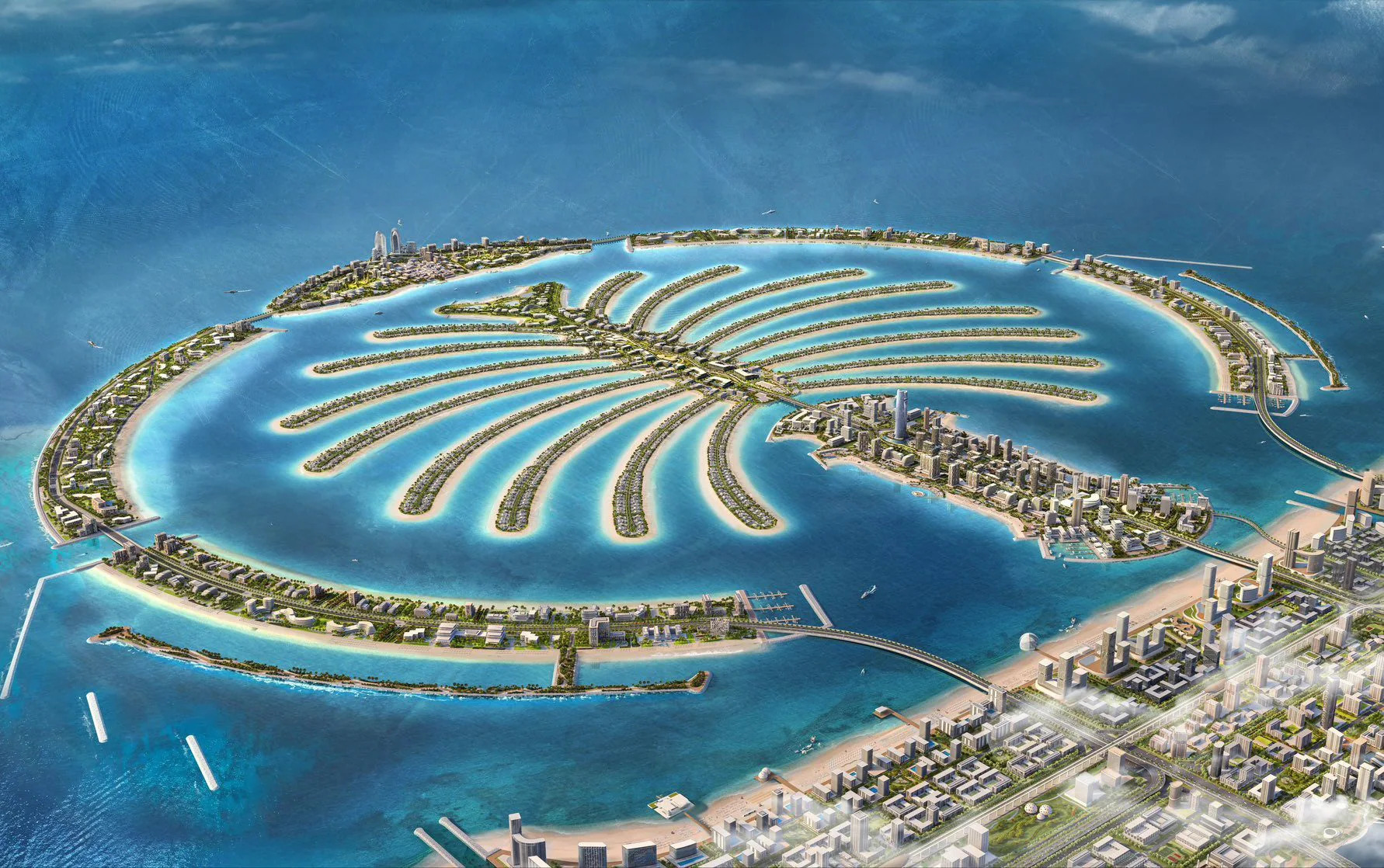
Chinese investors with access to ready capital are driving up demand for luxury real estate
The boom in Dubai’s property market continues to be a top draw for investors from China, which has looked towards greater economic cooperation, trade, and foreign direct investment since the lifting of travel restrictions, experts say.
High yields and political stability are the key factors that have triggered a surge in Chinese investment in Dubai, leading to growing demand for luxury real estate.
According to data shared by Asian real-estate technology group Juwai IQI, the UAE was placed 8th in a list of the top 10 Chinese buyer destinations in the first half of 2023, ahead of Vietnam and Singapore.
“The UAE has moved up the list rapidly in recent years. After ranking 13th in 2021, the UAE entered the top 10 for the first time in 2022 at 9th and this year placed 8th,” said Juwai IQI co-founder and group CEO Kashif Ansari.
Spending power
Following the lifting of COVID-19 travel restrictions in China, the number of Chinese visitors to Dubai grew by almost 300% year-on-year to 260,000 visitors in the first half of 2023, buoyed by visa-on-arrival facilities and greater flight connectivity, according to Emirates NBD Research. That trend seems likely to continue through the second half of the year.
A TrendLens report in May from luxury consulting firm Agility revealed that more 20% of Chinese millionaires were planning to visit the Middle East in the next 12 months, with consumers having accumulated capital to invest in international real estate.
“Even with China’s slower economic growth in 2023, the country is adding more households to the upper-middle and high-income classes than any other. The number of households in the income category (high-income) that can afford to purchase international real estate will increase by 50% by 2025, according to EY. Logically, Chinese demand for international real estate will also increase proportionately,” said Ansari. He added that number of upper-middle and high-income urban households is expected to reach 209 million by 2025.
He continued: “The pandemic accentuated Chinese consumers’ already world-leading rates of savings. In the first nine months of 2022 alone, Chinese savings deposits soared in value by 26.3 trillion Chinese yuan ($3.6 trillion), according to official statistics.”
Overseas, Chinese investors are drawn to real-estate investment as an easily understood category that is expected to provide price appreciation and dependable long-term foreign currency income that is independent of the Chinese economic cycle. During the current period of higher interest rates, Chinese investors with access to ready capital have an advantage over local buyers, Ansari noted.
Buying frenzy
Property brokers haus & haus have observed a growing appetite for Dubai real estate developments among Chinese investors in recent months. According to Sales Director Charlie Bannan, the company has seen a 75% increase in Chinese buyers this year compared to 2022.
“Some Chinese investors buy property in large quantities, while others prefer to invest in luxury branded residences. Naturally, this drives demand and growth in the market. Property types vary, but up-and-coming areas like Dubai Creek are seeing a lot of interest from Chinese investors,” he said.
Bannan said that the price bracket varies considerably and that many Chinese buyers are snapping up properties in “serious bulk” in areas like Dubai Creek. “Their preferred payment type is cash, and they buy in consortiums with a strategy of buy and get rental income,” he added.
“Now that China has dropped its zero-COVID policy, we can expect to see more Chinese nationals investing in the country’s residential real-estate sector,” said Fadi Moussalli, Executive Director of International Capital Coverage at JLL, a global real-estate services firm. “However, investment will remain moderate and more focused on the value sector, which is more cash-driven. Chinese nationals invest in the UAE as a diversification play and are usually not relying on bank mortgage financing.”
According to JLL, in the residential sector, most Chinese buyers can be considered value investors who, for the most part, are interested in mid-market properties. However, there is consistently high demand for luxury residential properties Chinese ultra-high-net-worth individuals.
Dubai-based property broker Allsopp & Allsopp has noted that sales to Chinese citizens surged 130% in the first half of the year, with cash purchases making up 78% of transactions. The emirate’s residential market saw a rise in the sale of luxury apartments during the first half of 2023, following increased demand from Russian investors and recently returning Chinese buyers. The investments attributed to significant price increases – ranging between 8% and 10% – in premium units with water views in Downtown Dubai, Bluewaters, and Dubai Marina.
“The Chinese transact with cash frequently for property deals,” Faline Huang, Chief Financial Officer at Allsopp & Allsopp, wrote said in a report. “They have accumulated enough wealth before moving for overseas investment, so they can pay full cash to enjoy the easiest transaction process.”
In its Q2 2023 conference call, Emaar also reported strong demand for real estate, attributing this to a “better turnout from Chinese and Saudis”. Data shared by the master developer further revealed that the historical peak for Chinese investment stood at 13%–14% of total sales, recording 4% in 2022 and 8% this year. Additionally, government initiatives such as golden visas and company ownership reforms are proving effective for capital migration into the UAE.
Share This Story, Choose Your Platform!
continue reading



